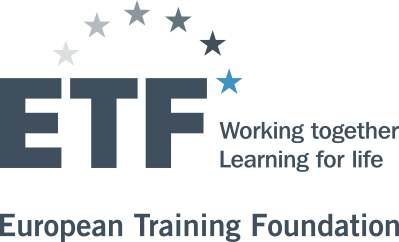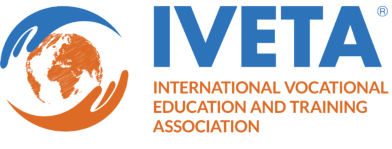Redefining the future of learning
We believe that ethical principles for education should not only inspire strategic action plans and systemic changes, but also make possible the recognition and integration of ethical competences in new and revised curricula, in order to achieve an inclusive and peaceful society capable of achieving all the Sustainable Development Goals (SDGs). In a few words, TVET should be for all, regardless of regional location, gender, ethnicity, age, social or economic status.
Accordingly with this position, we consider it crucial for a correct profiling of the skills for the future, the adoption of systematic approaches to skills anticipation/foresight: we need to join forces to promote an approach to curriculum design based on skills foresight analysis and which must involve, through a multi-channel engagement plan, all the actors and stakeholders that are also involved into the regional smart specialisation platforms. It is also, fundamental, to steer a multi-stakeholder cooperation for re-engineering TVET systems, in order to make them “future proof” and in order to redesign the existing curricula fostering both Skills for Life and Skills for Work.
Although they are not obliged, organisations working in TVET should be encouraged to feed common databases of performance indicators and for looking to achieve excellence in TVET, they need to find a common view on its meaning.
EXCELLENCE IN TVET
Even if it might seem obvious that in order to improve the TVET systems, to favour the acquisition of skills and to create decent employment, the word ‘excellence’ is in itself a key element, there are however various distinctions.
Excellence in TVET for us means:
- not just a high-quality level of training and education;
- not a matter for the elites and not something that belongs to elites;
- not a status or a level, but an organizational dimension linked to the TVET community as a whole, giving results at an aggregate dimension that goes behind the education and that addresses the whole society;
- something that imply an enlarged, more comprehensive and inclusive conceptualisation of skills provision;
- something that addresses innovation, pedagogy, social justice, life-long learning, transversal skills, organisational and continuing professional learning and community needs;
- a sustainable goal for a large aggregate of subjects aiming at the upward levelling of their performance and not at a destructive competition to the exclusion of others; and
- a reason to look at a holistic and homeostatic approach to education that makes all parties in need of working together, increasing the attractiveness of TVET.
The meaning of excellence that we promote is embodied in SAT: Skillman's self-assessment tool that seeks to offer the concept of excellence for all. This tool has been designed as a subtle mechanism for the continual evaluation and fine-tuning of 25 variables for excellence in TVET. It is open source and more than 100 organisations are already benefiting from its vision.
The members of the network promote their principles by calling on action policymakers, researchers, professors, teachers and trainers, directors, academic and practitioners, public administration managers, company representatives and training managers, practitioners of TVET and anyone taking care for the future of TVET, to join this appeal.
A PACT FOR EXCELLENCE
Do you agree...
that excellence in TVET is excellence for all and not excellence for few?
to consider “excellence”a continual process of improvement?
to consider access to quality learning opportunities as a right of people for upskilling, re-skilling full citizenship and employability?
to fully embed all SDGs principles and ethical skills in curricula development?
in a holistic approach to skills development, that means to foster both Skills for Life and Skills for Work?
If you agree with these statements, subscribe to this petition and give force to your voice!
Values are updated every 5 minutes
The campaign is organised by Skillman.eu, IVETA. AER and EAPRIL. It is realised with the support of the EU Commission within the Skillnet project 609063-EPP-1-2019-1-IT-EPPKA3-VET-NETPAR.
The project is a KA3- Support for Policy Reform initiative which covers the whole EU-27 territory plus several countries outside the EU borders. It aims at:
Encouraging the creation of transnational and national VET providers’ networks and partnerships to improve the quality and efficiency of VET at national and European level, enhance their impact and relevance for learners and employers, and build cross-border cooperation for VET quality and attractiveness;
Foster communication, dissemination and support for implementation of the VET policy agenda at EU and national level, to exchange knowledge, feedback and experience of policy implementation and sharing of best practices on VET excellence.





